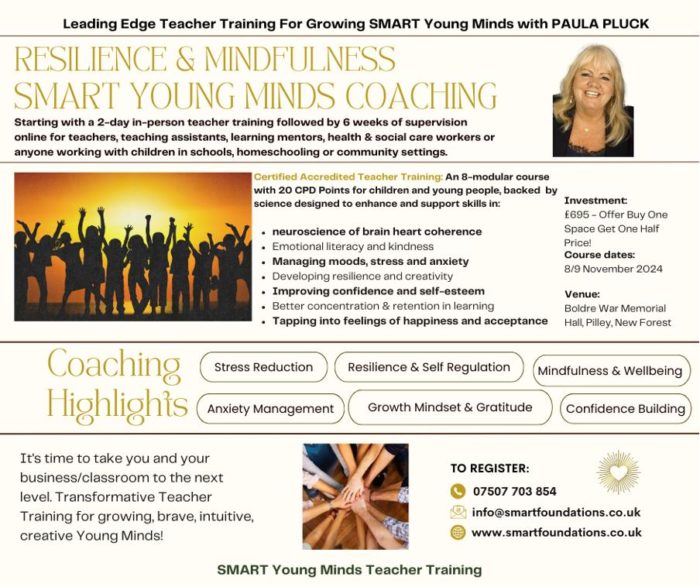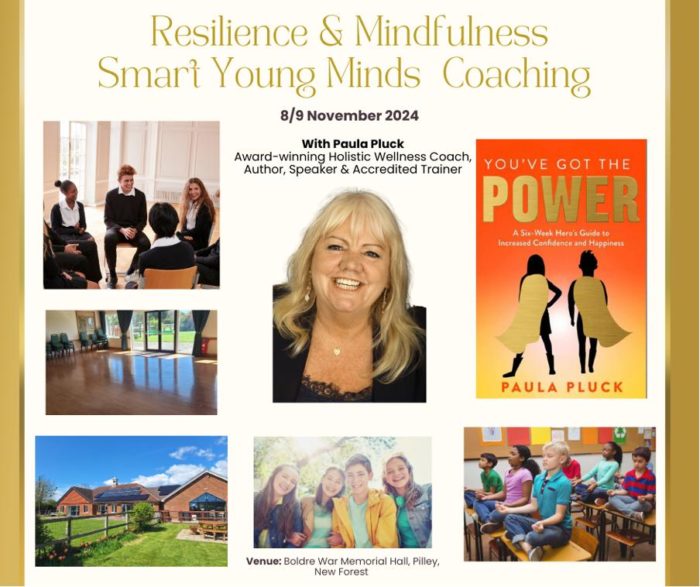This week, I had the pleasure of interviewing the big-hearted lovely Soul Dr David Hamilton, who said “Kindness stimulates the production of serotonin, a feel-good chemical that heals your mind, body, and soul.” We had a deep conversation about how we can better support young people through life’s challenges, and it got me thinking about all the stresses students face—especially now, just a few weeks into the school year.
Already, the worries are creeping in: exams, friendships, fitting in, and the pressure to succeed. In response, I wrote an article for a school I’m working with, and I want to share it with you. Whether you’re a parent, teacher, or a young person yourself, these words could help someone you know—or serve as a happy reminder to be kind to yourself.
Life is full of highs and lows, and let’s face it—failure happens. Maybe you bomb a test, lose a competition, or make a wrong decision. It stings, but failure isn’t the end. In fact, it’s one of the best teachers. By practicing mindfulness, resilience, kindness, and compassion, you can bounce back stronger and smarter.
Mindfulness: Staying Cool When Things Go Wrong
When things go south, it’s easy to spiral. Your brain starts playing the “what if” game, and suddenly, you’re stressing over the past or future. That’s where mindfulness comes in. It helps you stay grounded in the *present*. When you get things wrong, mindfulness lets you hit pause, breathe, and notice how you’re feeling—without getting overwhelmed. This calm helps you think clearly and figure out your next move.
Resilience: Getting Back Up
Resilience is your ability to bounce back from setbacks. Failure isn’t about your worth; it’s about learning and adapting. People with resilience view challenges as temporary roadblocks, not dead ends. Instead of thinking, “I’m not good at this,” they say, “I’ll get better.” This mindset helps you face future challenges with confidence.
Kindness: Being Your Own Cheerleader
When you fail, your inner critic can be brutal. But here’s the thing—everyone makes mistakes. Treat yourself with the same kindness you’d show a friend. Self-kindness means understanding that failure is part of growth. Instead of tearing yourself down, give yourself permission to learn from your mistakes.
Kindness also extends to others. Be there for your friends when they get it wrong. A little encouragement can create a support system where everyone feels safe to try again.
Compassion: Building Stronger Connections
Compassion goes beyond kindness. It’s about truly understanding that everyone struggles. When you practice self-compassion, you stop beating yourself up and realise that failure doesn’t define you. It’s okay to ask for help and share your challenges.
Compassion toward others creates a community of support. Instead of seeing people as competition, you start seeing them as teammates. Everyone benefits when you lift each other up.
Turning Setbacks into Comebacks
Mindfulness, resilience, kindness, and compassion help turn failures into stepping stones. Mindfulness keeps you calm, resilience helps you rise, kindness softens your inner critic, and compassion builds connections. With these tools, failure becomes less of a setback and more of a setup for future success. So, the next time life throws a curveball, remember—you’ve got what it takes to bounce back and keep moving forward!
David also said, “Sometimes the most important thing you can do is simply be kind to yourself.”
Join me on this training below in the New Forest and receive your exclusive £100 discount as a Think Tree Member.

